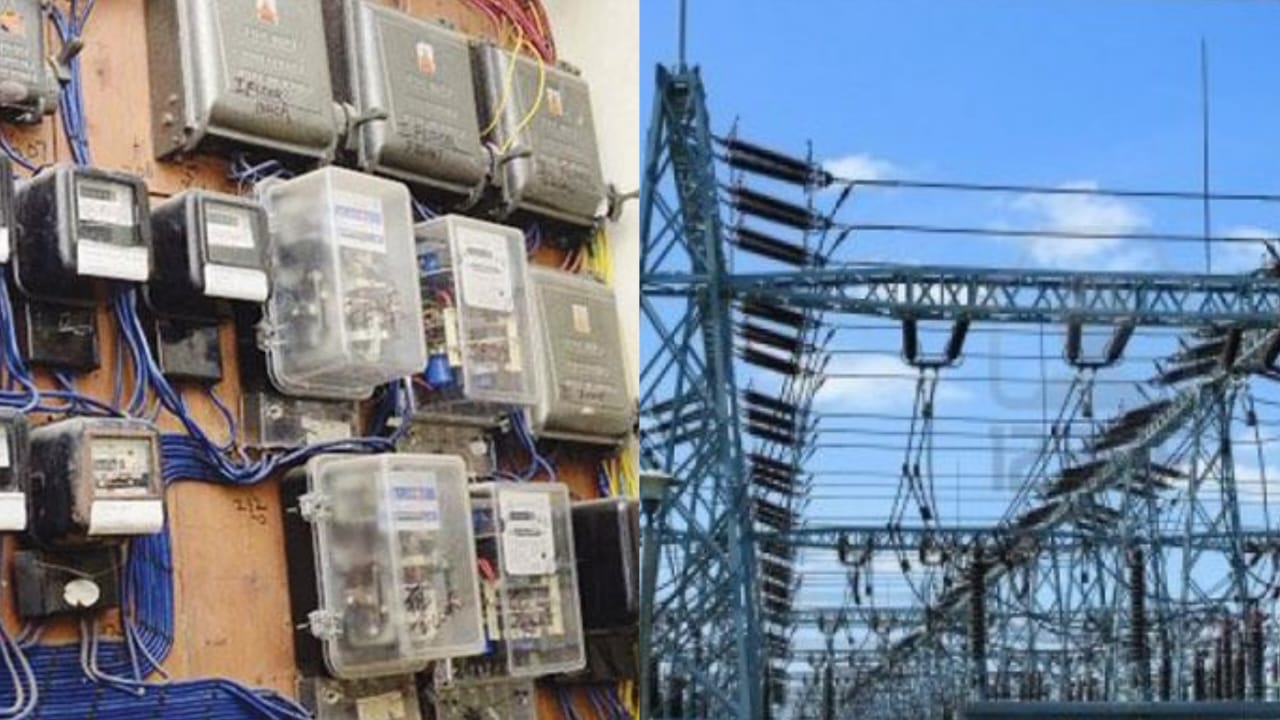Headlines
New Tariff: NERC Issues Directive to DisCos for Conditional Downgrade

The Nigerian Electricity Regulatory Commission (NERC) has issued a directive to all distribution companies (DisCos) to automatically downgrade any Band A feeder that does not meet the minimum requirement of 20 hours per day power supply for seven consecutive days.
This directive is part of the Service Delivery Commitments for each DisCo, as outlined in the Supplementary Order to the Multi-Year Tariff Order (MYTO) 2024, which was released by NERC and will take effect from April 3, 2024.
NERC has also stated that if a DisCo fails to deliver the committed level of service on a Band A feeder for two consecutive days, they must publish an explanation of the reasons for the failure on their website by 10 am the following day and provide an update to affected customers regarding the timeline for service restoration. If the DisCo fails to meet the committed service level for seven consecutive days, the feeder will be automatically downgraded to the recorded level of supply.
Additionally, NERC has mandated each DisCo to establish a rapid response team to ensure effective service delivery for the minimum hours of supply for each service Band, starting with Band A feeders from April 3, 2024. It is important to note that the increase in electricity tariff, approved by NERC, will only impact customers who receive 20 hours or more of power supply.
The MYTO 2024 Supplementary Order revealed that the newly approved tariff adjustments were made after careful consideration of various economic indicators. These included a 12% increase in the inflation rate, a 59% rise in the exchange rate, a 63% surge in generation costs, a 34% increase in transmission and admin costs, and an 11% hike in wholesale gas to power prices.
NERC emphasized the importance of customer protection even as a new electricity tariff model is being implemented. The commission estimated that the approved tariffs for the 2024 fiscal year would lead to a reduction of approximately N1.14 trillion in subsidies, aligning with the government’s subsidy regime realignment.
In accordance with the Electricity Act 2023, NERC is mandated to ensure that licensees in the Nigerian electricity supply industry can charge rates that cover operational costs and provide a reasonable return on investment. The commission conducts thorough reviews to strike a balance between customer protection and investor revenue generation to encourage necessary investments for service enhancement.
The Nigerian government’s shift towards a more targeted subsidy approach aims to alleviate the effects of macroeconomic changes while safeguarding vulnerable customers and promoting investments for improved service delivery in the NESI. This transition reflects a strategic focus on efficient service provision within the electricity sector.
The ongoing review of end-user tariffs will not impact the majority of customers falling under Band B to E service categories, which make up 85 percent of the customer base.
Each distribution company (DisCo) has been assigned specific targets to invest in infrastructure and transition more customers to the premium Band A service category.
The reduction in subsidies for the 2024 fiscal year, amounting to approximately N1.14 trillion, aligns with the government’s strategy to reform the subsidy system.
The regulatory body has implemented a comprehensive monitoring system that utilizes technology to ensure transparency in service agreements between consumers and providers, along with a mechanism for enforcement and compensation in case of service disruptions.
The Commission, in collaboration with policymakers, is dedicated to delivering reliable electricity to all Nigerians by implementing the provisions of the Electricity Act 2023 and working closely with state governments to achieve this goal.
